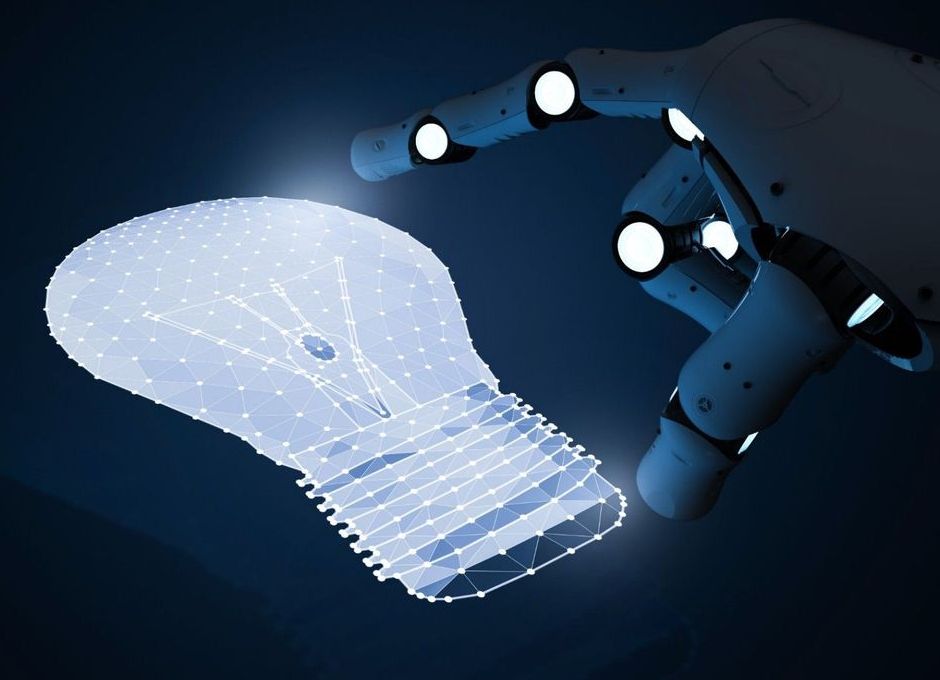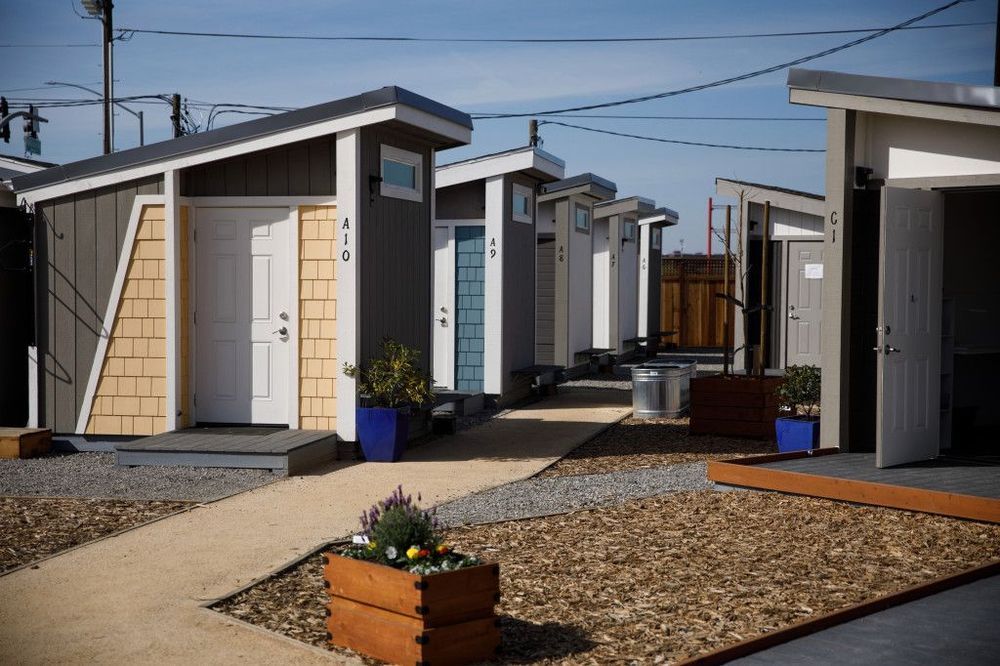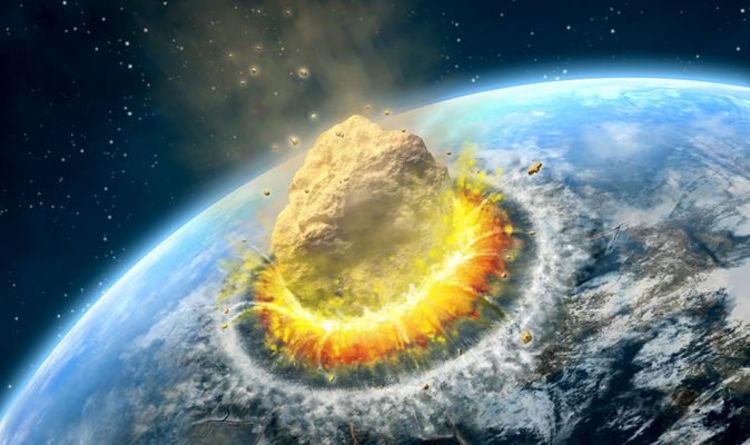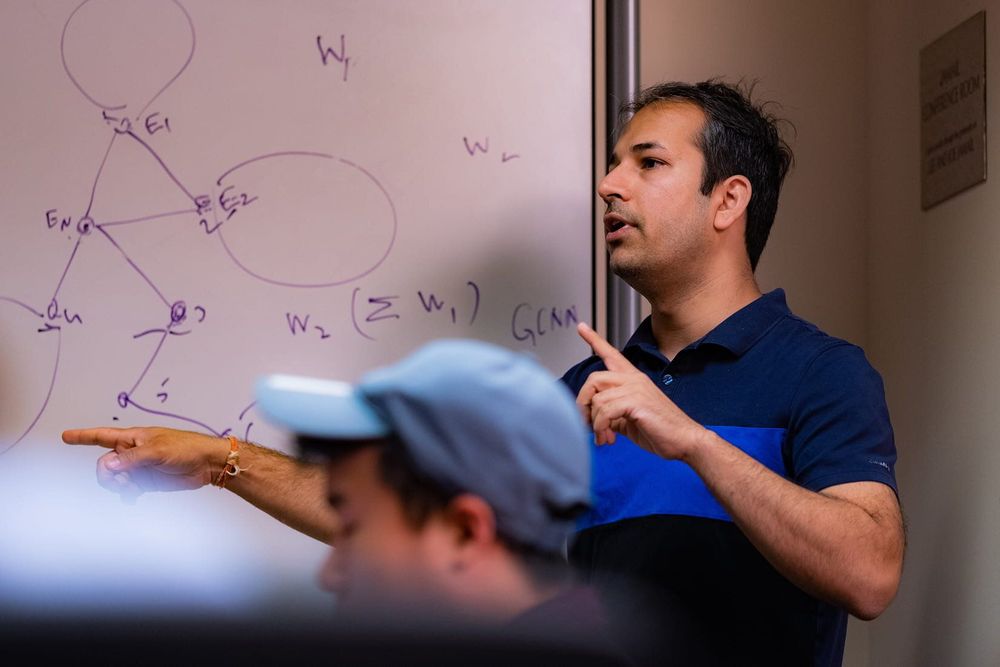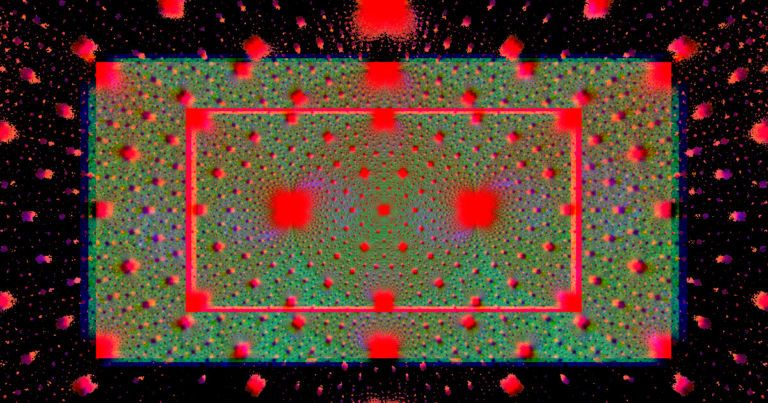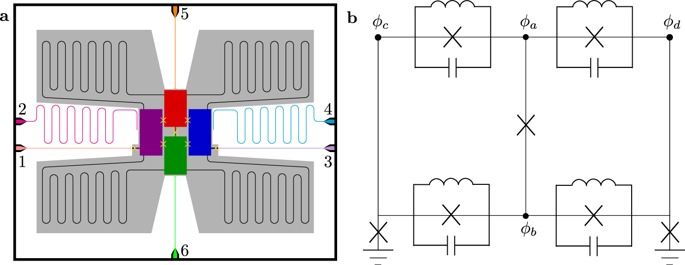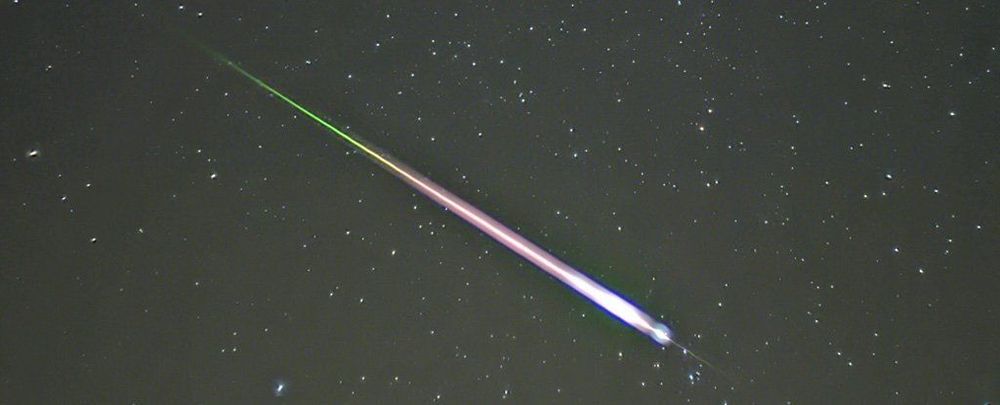Last summer, the National Security Commission on Artificial Intelligence asked to hear original, creative ideas about how the United States would maintain global leadership in a future enabled by artificial intelligence. RAND researchers stepped up to the challenge.
“Send us your ideas!” That was the open call for submissions about emerging technology’s role in global order put out last summer by the National Security Commission on Artificial Intelligence (NSCAI). RAND researchers stepped up to the challenge, and a wide range of ideas were submitted. Ten essays were ultimately accepted for publication.
The NSCAI, co-chaired by Eric Schmidt, the former chief executive of Alphabet (Google’s parent company), and Robert Work, the former deputy secretary of defense, is a congressionally mandated, independent federal commission set up last year “to consider the methods and means necessary to advance the development of artificial intelligence, machine learning, and associated technologies by the United States to comprehensively address the national security and defense needs of the United States.”
The commission’s ultimate role is to elevate awareness and to inform better legislation. As part of its mission, the commission is tasked with helping the Department of Defense better understand and prepare for a world where AI might impact national security in unexpected ways.
